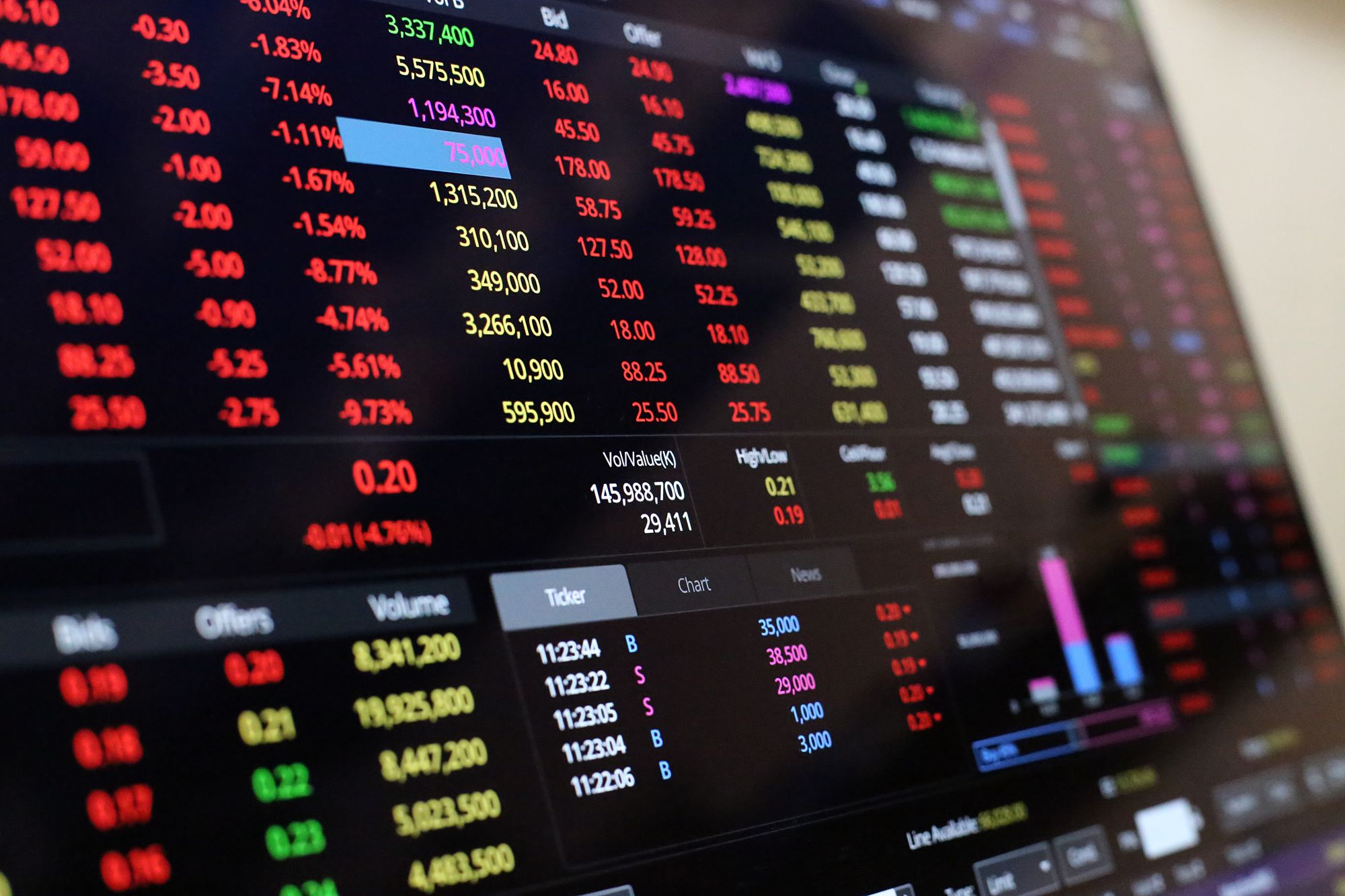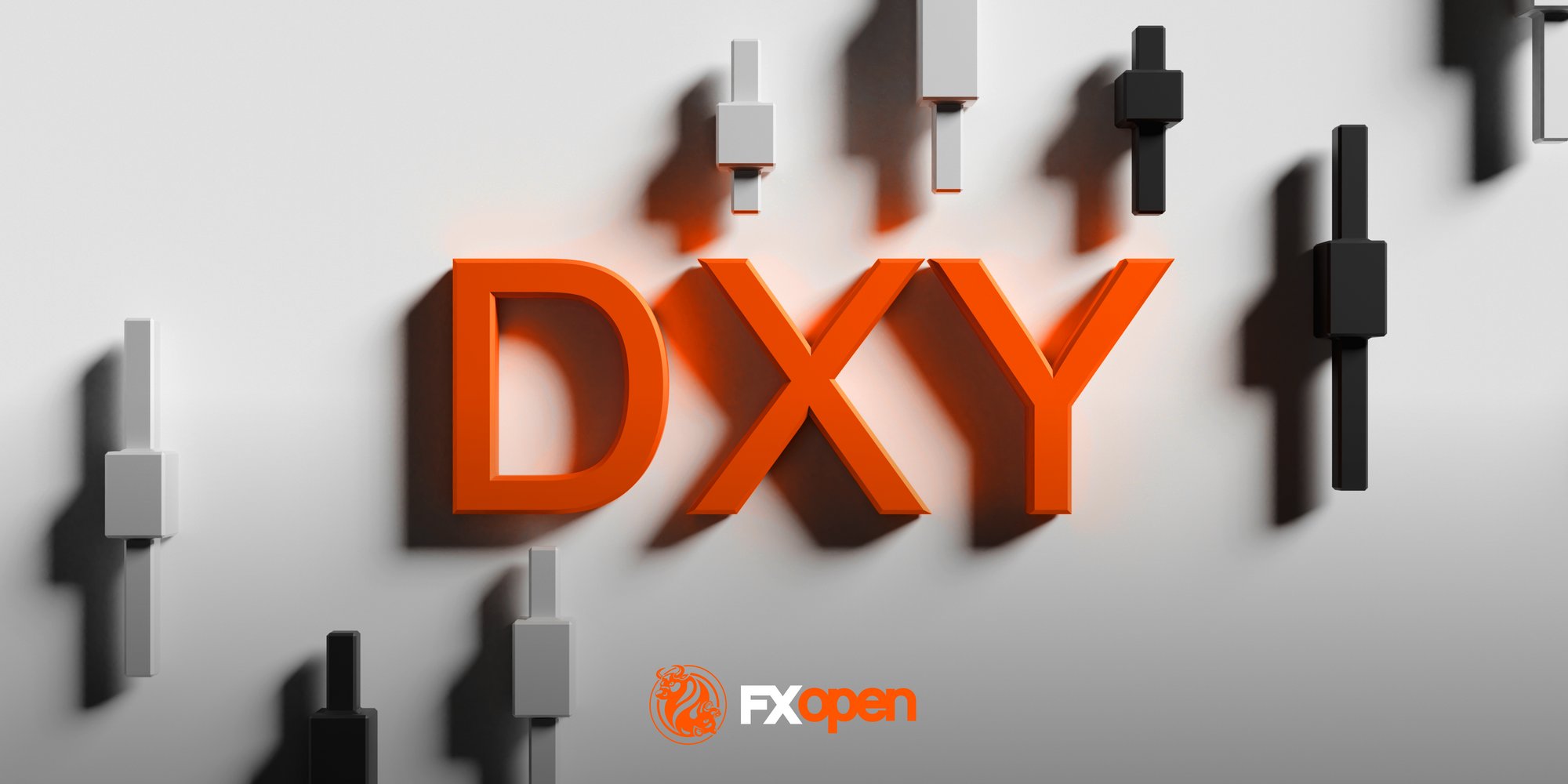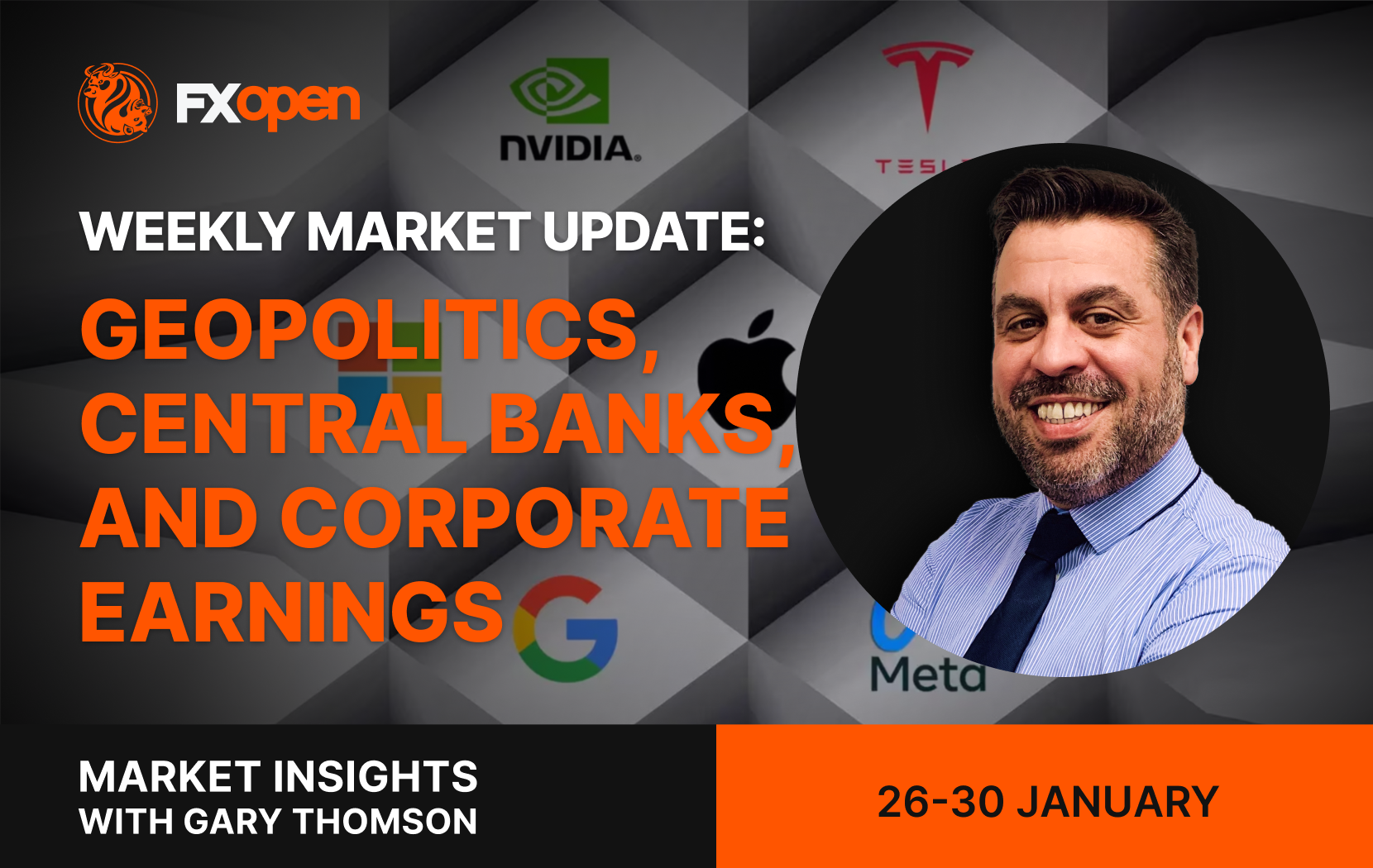FXOpen

The spot market is a fundamental aspect of the financial world. The concept may be unfamiliar to some, hence it is important to provide a comprehensive spot market definition, examine the types of markets, and identify the key players. Let’s delve into the topic.
Spot Market: Meaning
A spot market is a financial market in which assets such as commodities, equities, and currency pairs are traded for the immediate delivery of an asset or its cash alternative.
To make it even simpler, it is a marketplace in which buyers and sellers come together to trade assets and settle the transactions immediately, unlike a futures contract, which involves trading contracts for future delivery.
What Is a Spot Trade?
A spot trade is a financial transaction in which assets are bought or sold at the current market price, referred to as the spot price. In a spot trade, the asset is delivered immediately or within a concise timeframe (often, it may take up to 2 business days, not counting the day of the transaction). In highly liquid markets, the spot price typically fluctuates within seconds due to trades being quickly executed and new transactions occurring.
Spot Market Buying
If you believe the currency pair will rise in value, you will buy the base currency (go long). For example, if you believe EUR will rise in value against USD, and the EUR/USD’s current bid price is 1.0900, you would buy at 1.0900.
Spot Market Selling
If you believe the quote currency will rise in value against the base currency, you will sell the currency pair (go short). For example, if you thought USD would rise in value against the EUR, and the current ask price of the EUR/USD pair was 1.0800, you would sell at 1.0800.
How the Spot Market Works
The spot market is organised through OTC and exchange trading. Traders open buy and sell positions on a particular asset, counting on instant delivery of an asset or its cash equivalent.
What Different Spots Mean
- Over-the-counter (OTC) trading refers to financial transactions that take place outside of a traditional exchange. It’s typically done between two parties, such as a buyer and a seller, and can include a wide range of financial instruments such as stocks, bonds, currencies, and commodities. Since OTC trading does not take place on a formal exchange, it is not subject to the same regulations and oversight as exchange-based trading.
- Exchanges function as meeting points for traders and dealers to buy and sell financial instruments. By gathering orders from various participants, the exchange calculates and displays the current price and trading volume of each asset. Electronic platforms have made trading more efficient, with prices determined instantly, given the large number of trades on exchanges.
What Is the Spot Forex Market?
The spot market in forex is the largest and most liquid OTC marketplace in the world, with an average daily trading volume of over $7.5 trillion. Like any other spot trade, FX spot trade is the purchase or sale of a currency traded in pairs.
What Is the Difference Between Futures and Spot Markets?
Futures contracts are derivatives in which the underlying asset is traded in the spot market. The main difference between the terms is the timing of when the delivery takes place. In the spot market, delivery is immediate, whereas when dealing with futures contracts, the delivery occurs at a future date. Traders frequently close out their contracts to avoid making or taking delivery.
Example of a Spot Market Trade
Toni owns an electronics store in California and is looking for suppliers dealing with good quality electronics at a competitive rate. He looks on the internet and finds a Chinese supplier giving almost a 30% discount on bulk orders of over $20,000. The payment needs to be made in CNY, and Toni might save a lot if the current rate for USD/CNY is high.
He checks the current USD/CNY rate, which is 6.74. Toni decides to execute a foreign exchange trade to convert the CNY equivalent of $20,000.
USD/CNY rate = 6.74
Purchase amount = $20,000
CNY amount = 134,800 ($20,000 X 6.74)
The foreign exchange spot market transaction is settled, and Toni can make the payment, which allows him 30% savings on his purchase.
Advantages and Disadvantages of the Spot Market
The spot market has several benefits, such as real-time access, flexibility, considerable liquidity, and generally lower costs than the futures contracts. However, it also carries a risk of “unexpected” price and lack of planning.
Advantages:
- If traders are dissatisfied with current prices and terms, they can hold and look for a better deal.
- Traders can take advantage of real-time prices, which can be beneficial for those looking to manage their short-term exposure to an asset.
- In contrast to some futures contracts, which have minimum investment amounts for a single contract, there may be no minimum capital requirements.
- Unlike futures contracts, spot trades don’t have an expiry date.
- It is considered to be highly liquid, making it easy for traders to enter or exit positions quickly and at favourable prices.
Disadvantages:
- As some financial instruments are highly volatile, a trader may make a transaction at a worse price than they expected. As a result, trading on the spot can pose some risks, particularly for highly volatile assets.
- Spot trades typically lack planning, as opposed to futures, in which parties agree on a price and delivery at a later date.
Final Thoughts
Before engaging in spot trades, traders and investors prefer to learn the definition and meaning of the spot market as well as the risks involved when trading in it. Having a solid understanding and developing a well-thought-out strategy is essential.
FXOpen does not provide Spot FX (Deliverable FX) trading. All instruments, including currency pairs, cryptocurrencies*, stocks, indices, commodities, and ETFs, are traded as leveraged products, e.g., Rolling Spot FX and CFDs (Contracts for Difference).
*At FXOpen UK, Cryptocurrency CFDs are only available for trading by those clients categorised as Professional clients under FCA Rules. They are not available for trading by Retail clients.
This article represents the opinion of the Companies operating under the FXOpen brand only. It is not to be construed as an offer, solicitation, or recommendation with respect to products and services provided by the Companies operating under the FXOpen brand, nor is it to be considered financial advice.
Stay ahead of the market!
Subscribe now to our mailing list and receive the latest market news and insights delivered directly to your inbox.







